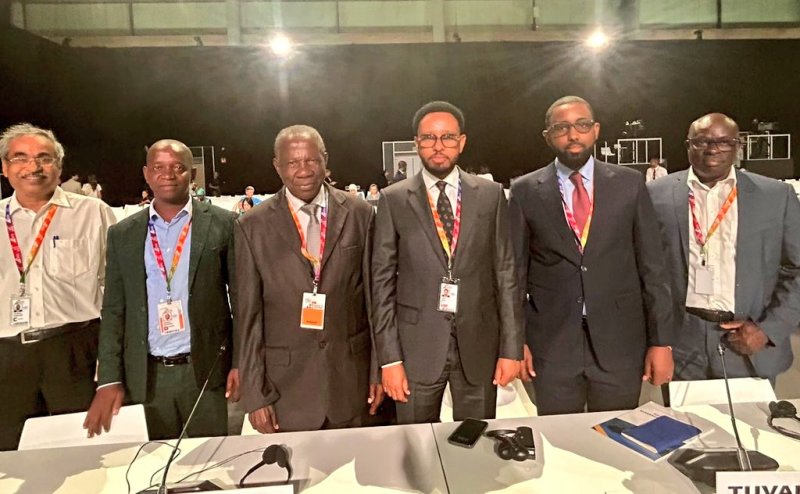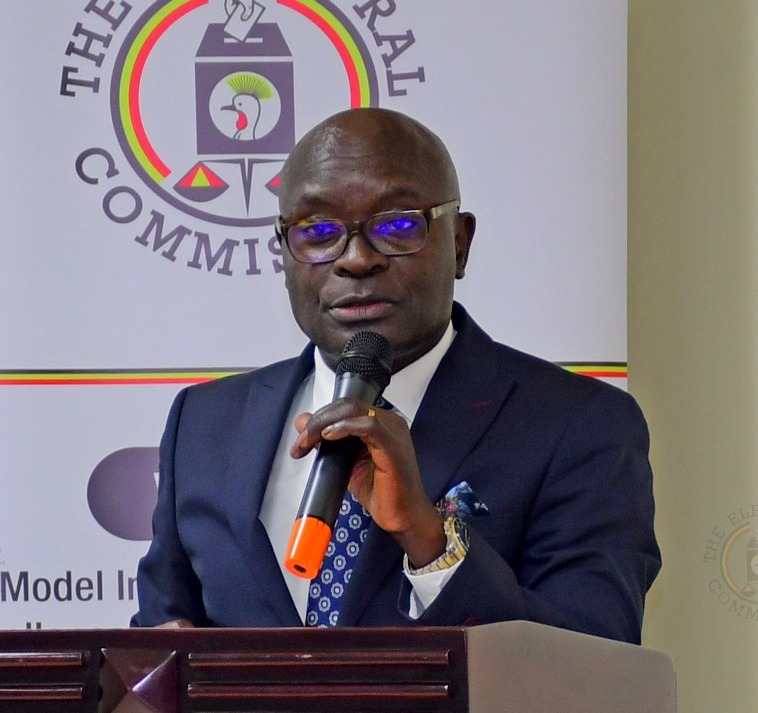Digital Money Lending Apps: Unveiling the fraud crisis
These apps offered quick, convenient loans with minimal paperwork, appealing especially to the youth and small business owners. However, beneath this convenience lurked a darker side that has now come to light.

A rising wave of fraud cases linked to digital money lending applications, has thrown Uganda’s financial sector into turmoil, leaving many citizens financially compromised and calling for stricter regulations and oversight.
Digital money lending applications initially emerged as a promising solution to bridge the gap in access to financial services for many Ugandans.
These apps offered quick, convenient loans with minimal paperwork, appealing especially to the youth and small business owners. However, beneath this convenience lurked a darker side that has now come to light.
The Fraud Unveiled
Recent investigations of digital money lending have revealed widespread fraudulent activities associated with these online lending platforms.
Many Ugandans on social media platforms specifically X, have reported unauthorized deductions from their bank accounts, exorbitant interest rates, and hidden fees that trap them in a cycle of debt.
Some digital money lending apps have been accused of phishing scams, where personal and financial information is stolen and misused, with those running them having access to client’s mobile phone data such as phonebook, messages and transaction alerts among others.
“I took a small loan of 100,000 shillings to support my business,” recounts Sarah Nakato, a small business owner in Kampala. “The next thing I knew, there were multiple unauthorized transactions on my account, and I ended up losing more money than I borrowed.”
The rapid proliferation of these digital money lending apps has outpaced the establishment of robust regulatory frameworks, creating a fertile ground for fraudsters. Many digital lending platforms operate without proper licensing, and their opaque terms and conditions leave users vulnerable.
“Regulation has not kept pace with the innovation in the digital lending space,” admits David Okello, an economist and financial advisor. “This has allowed unscrupulous operators to exploit loopholes and prey on unsuspecting users.”
In response to the growing crisis of digital money lending apps, the Bank of Uganda has issued warnings to the public about the risks associated with unregulated digital lending platforms.
Also, its counterpart Uganda Microfinance Regulatory Authority (UMRA), in March this year issued guidelines that will ensure transparency, protect consumers, and hold fraudulent operators accountable.
“These guidelines stipulate how the lenders and the borrowers will interact, and streamline the conduct of the lenders, especially on how to access and handle their client’s data. They are also barred from charging illegal interests or additional fees on a loan facility, unless as prescribed by the law.” Said UMRA C.E.O Edith Namugga who was addressing money lenders.
Additionally, the government through the ministry of Finance highlighted how committed it is to creating a safe digital financial environment for Ugandans through regulating the digital money lending apps.
While issuing the guidelines in the same month, the Minister of State for Microfinance, Haruna Kasolo in a speech read by Bob Munenne, the assistant commissioner for financial services, acknowledged that digital technologies are supporting financial inclusion especially through offering credit to people in the remotest areas.
He however stated that, “the government must protect citizens from being exploited. We urge digital lenders to practice ethical standards.”
Consumer advocacy groups are also stepping up efforts to educate the public about the potential dangers of using digital money lending apps. Campaigns are being launched to inform users about safe borrowing practices and how to identify legitimate lending platforms.
“We urge people to read the fine print, understand the terms, and verify the credibility of any digital lender before taking out a loan,” advises Jane Namirembe, a consumer rights advocate. “Awareness is the first line of defense against fraud.”
ICYMI: https://charmarnews.com/minister-kasolo-halts-online-money-lenders/#google_vignette
As Uganda grapples with the challenges posed by digital money lending fraud, the hope is that enhanced regulation, coupled with increased consumer awareness, will restore trust in this innovative financial solution.
For now, users are advised to exercise caution and due diligence to protect themselves from falling victim to fraudulent schemes.
The digital money lending sector in Uganda stands at a crossroads. With the right measures, it can fulfill its promise of financial inclusion and support for the underbanked.
Without them, it risks becoming a minefield of fraud and financial distress. The coming months will be crucial in shaping the future of this burgeoning industry.







